The waiting is over: President Donald Trump is apparently pulling the United States out of the Paris Agreement on climate change.
The vibe at the recent G-7 summit and media speculation over Memorial Day did not bode well. Trump was sharply estranged from U.S. allies in Europe and privately told some insiders that he was planning to pull out of the United Nations climate change accord signed last November in Paris. On climate change, the G-7 declaration was really a G-6 plus G-1: part of paragraph 32 in the communique was dedicated to the U.S. position on climate change, which was at that point still evolving. This was a strong signal: if Trump was going to rededicate the country to the agreement, then he certainly would have done so while across the Atlantic, to soften some of the tensions on display during their meetings.
What the G-7 declaration might have said was that the U.S. position “will be undecided long enough for its leader to get back to his bunker and close the hatch.”
The move by the administration is not really a surprise. We heard from articles in Axios and other outlets that Trump was ready to pull the plug, and that Environmental Protection Agency head Scott Pruitt was mapping the escape route. But it was an instructive maneuver for those parsing every move of this enigmatic administration. This was an issue where the Pruitt-Bannon faction was able to beat back the efforts of the Ivanka-Jared-Gary Cohn contingent of the White House inner circle.
Over the weekend, the administration got a bit of air cover from Senator Ted Cruz in a blog piece on CNN.com that described how the Paris Agreement would wreck the American economy by making us uncompetitive. Also providing covering fire was a letter from 22 senators sending a similar message, organized by lead climate denier Republican Sen. James Inhofe of Oklahoma.
Elsewhere, I’ve argued that Paris is not an “America second- or third-” agreement, as Pruitt has claimed. To the contrary, it is non-binding and has no enforcement mechanism if countries don’t meet their emissions targets. So the action of the administration, in spite of a hail of criticism, requires some explanation.
WHAT DROVE THE DECISION?
With Trump administration decisions, it is always difficult to attribute causation, but the fact that the Paris Agreement is even being disputed, and the huge political capital expended by the White House to pull out, boils down to a two-decades-long campaign by the oil, coal, and gas industries. These actors started sowing the seeds of doubt about the overwhelming scientific consensus on climate change with a 1997-1998 effort. I would speculate that this weekend’s letter from Sen. Inhofe along with 21 colleagues, and Sen. Cruz’s speech, were both almost certainly written and orchestrated by fossil fuel companies, their industry organizations, or the public relations firms they hire. As if to confirm this, in the past two weeks the Competitive Enterprise Institute ran 70 ads calling for the U.S. to leave Paris, over all major media outlets in D.C.
Myron Ebell, director of the Center for Energy and Environment at the Competitive Enterprise Institute, who was Trump’s transition leader on environment, said that Trump needs to keep his promise to his base to “cancel the Paris Agreement.” Trump has wavered on a number of other issues, but climate change was apparently one around that he felt a duty to stick to a promise made to those on the right who got him elected.
NOW WHAT?
Expect a chorus of voices objecting to Trump’s action, from the usual and some unusual characters.
The response from leaders abroad will be loud and angry, with proclamations that the U.S. is isolated politically, selfish, and that American inaction is forcing other countries to pull up our slack on reducing emissions to keep the world safe. The G-7 meeting showed that climate change is not just a second-order issue of less importance than security and trade; instead, the summit demonstrated that non-cooperation on climate would damage U.S. standing and cripple our ability to secure cooperation from key allies.
Expect widespread protests and possibly direct action in D.C. and around the country from environmentalists. The scientific community focused substantially on climate change in their “March for Science” protests, which coincided with Earth Day 2017 on April 22. Their response will be to express concern and point to that overwhelming consensus on the issue. Some academic institutions will doubtlessly mobilize to issue statements, and some may face greater pressure to divest their endowment investments from fossil fuel corporations, including for their support of groups that undermine science.
Over a thousand businesses expressed to Trump that he should stay in the Paris Agreement, and the response from them will be noisy, but perhaps less confrontational. Consumers may take it into their own hands to switch to electric vehicles or renewable energy on their rooftops or purchased through the grid.
Finally, the number of lawsuits focused on forcing the U.S. and state governments to do their constitutionally-appointed job in protecting citizens’ right to a safe environment have been growing sharply. These legal actions will take time to work their way through the system, but look for them to be redoubled with the U.S. out of Paris.
The core of the Obama administration’s action on climate change was the Clean Power Plan, a bottom up program by which states decided their own approaches to meet federally set targets. The CPP was already on hold after a stay by the Supreme Court and undone by an early executive order by Trump. Several progressive states have already taken many of the steps they promised to under the CPP, and some have even pledged to redouble their efforts and maybe make up for laggards. Some U.S. cities also have made bold pledges to go “carbon neutral” by 2050, substantially stronger than any national approach being discussed.
The EPA budget remains in flux, with huge cuts proposed by the administration, which Congress pushed back on with far more modest cut in its “Omnibus” budget. That is except for the climate change-related programs, many of which were zeroed out even by Congress. Likewise, draconian cuts were avoided in the State and Treasury departments, except for funding flows that included climate change in their titles. This is a possible indication of how Trump sees climate change and “cancelling the Paris Agreement” as enough of a core campaign promise that he had to deliver on it, despite all those he would anger by doing so.
As the administration is largely alienated from the anonymous bureaucrats in these agencies who carry out international climate change work, expect more dysfunction, leaks, and paralysis. Even if he had signaled the U.S. would stay in the Paris Agreement, we would have seen no leadership or staying power in terms of undertaking the work required to implement our Paris commitments.
In the face of this American leadership vacuum on climate change, U.S. states are taking up the mantle, even globally. For example a bill introduced in the Massachusetts Senate sought to show countries of the world that Americans do support Paris by providing a “check off” contribution by residents on their tax forms that would donate to the U.N. Least Developed Countries fund.
Whither our nation if we are truly no longer tethered to the Paris Agreement? First, on emissions, withdrawal takes pressure off the federal government to meet the Paris Agreement’s 2025 targets of emissions reduction of 26-28 percent. These were not easy goals, but nor were they ambitious enough to confront the fast-accruing evidence from scientists indicating that our planet is in more dire trouble than assumed earlier and that far greater action is needed. Some corporations in favor of staying in the Paris Agreement were doubtless motivated by the fear of a backlash later, once the world has no choice but to institute far harsher standards in terms of emissions, climate disaster response plans, and the like. Pulling out of Paris thus raises the likelihood of a swifter, more cataclysmic climate shock.
Finally, Trump’s move suggests a bold reversal with respect to how the U.S. functions on the world stage. Trump has signaled that the U.S. is not afraid to go it alone and be excluded from negotiations. U.S. foreign relations will suffer, as foretold from the atmospherics at the G-7 summit. Eliciting cooperation from allies will be substantially tougher going forward, and we will likely pay a high price for our intransigence.
We can only hope that Trump realizes the enormous political costs of withdrawing and that, in the coming weeks and months, he might slow or stop the administration from this withdrawal.
But for now, the U.S., and the international system that we count on for stability, are left diminished.
The Brookings Institution is committed to quality, independence, and impact.
We are supported by a diverse array of funders. In line with our values and policies, each Brookings publication represents the sole views of its author(s).
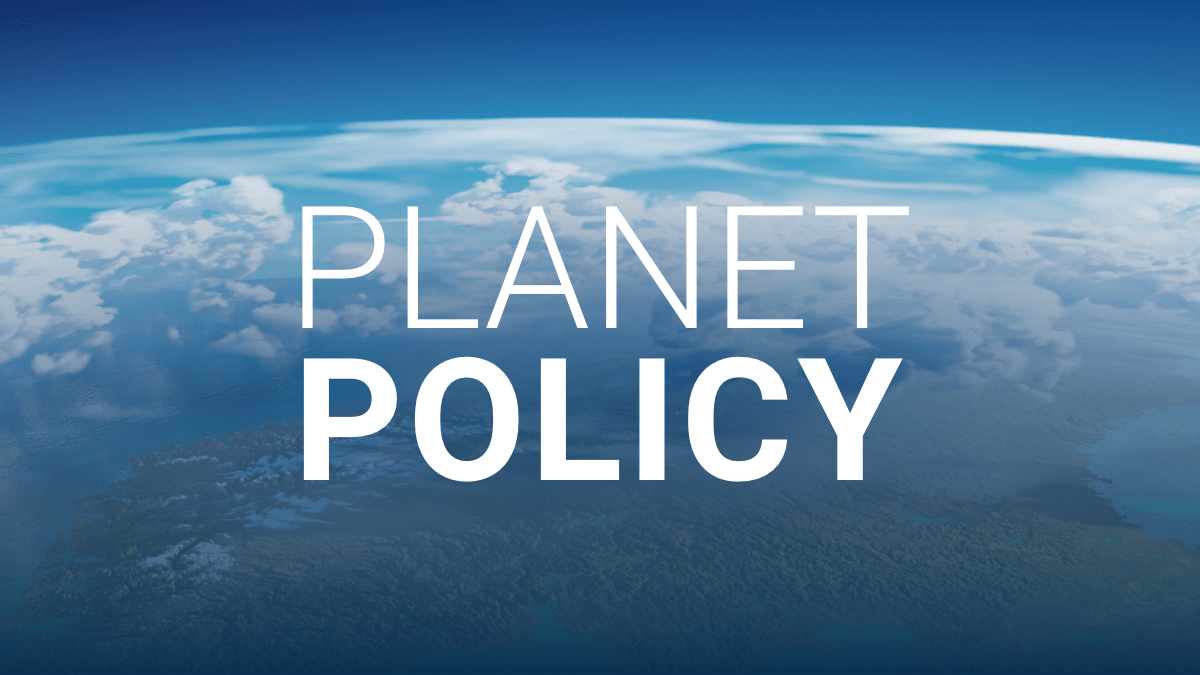
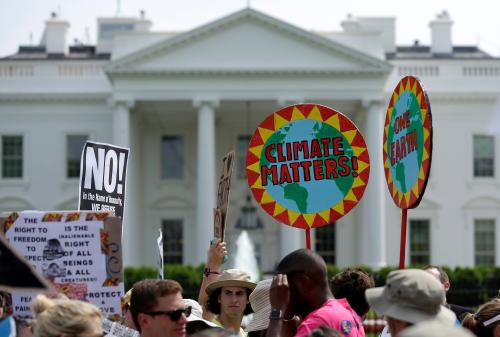
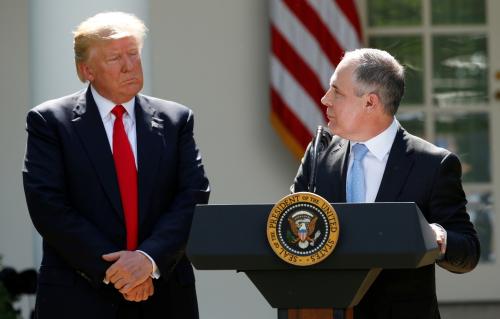
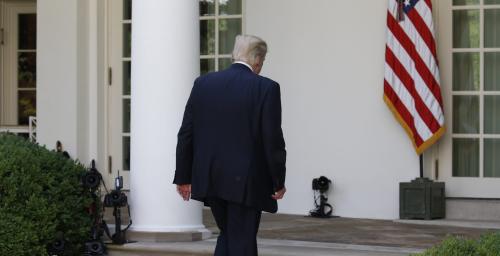
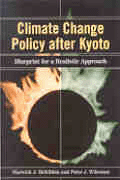
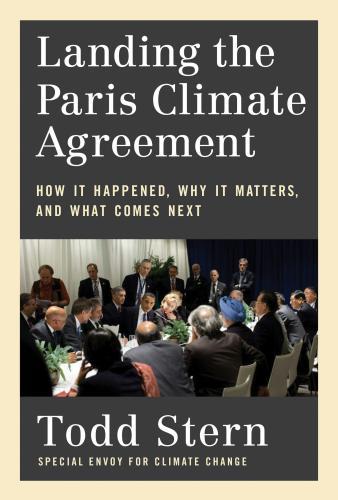




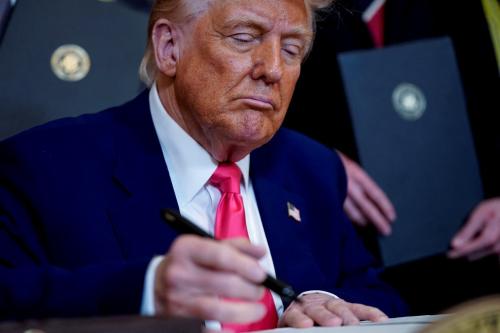
Commentary
Trump dumps Paris: Now what?
June 1, 2017